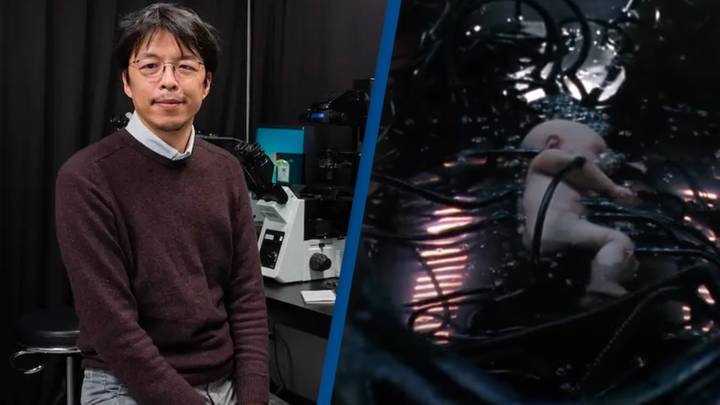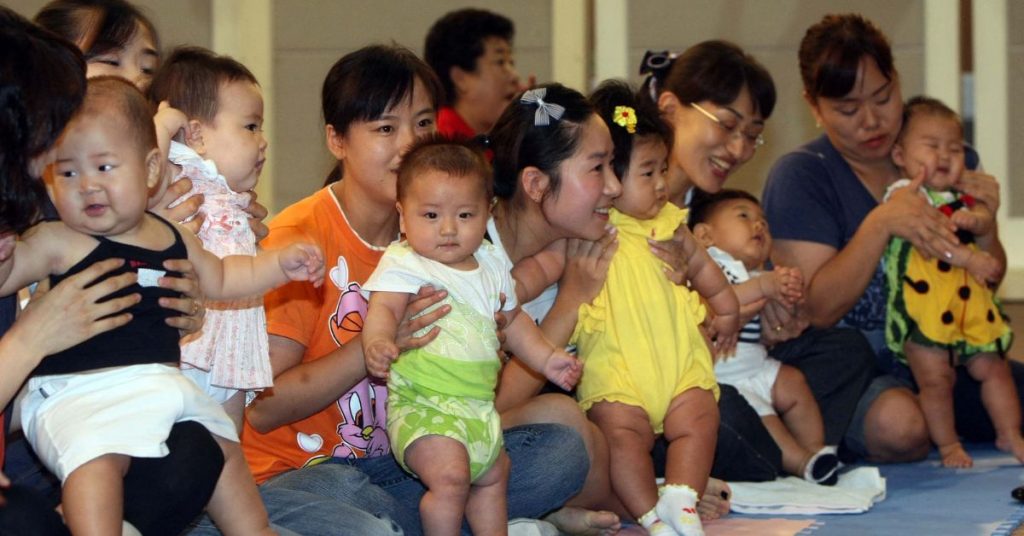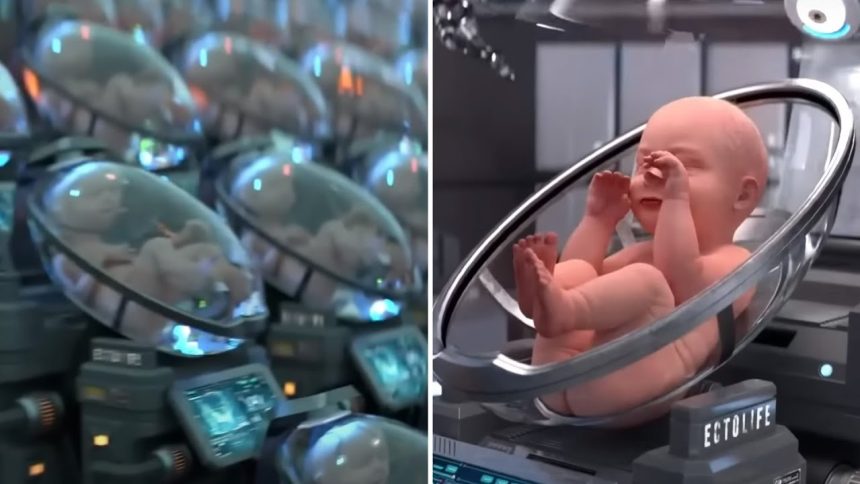Japanese researchers assert that they are making progress toward developing babies in a lab that are conceived in a synthetic womb. Researchers created pluripotent stem cells from the skin of a male mouse. Which can differentiate into a variety of cell types and tissues. These cells were grown by scientists who then transformed male stem cells into female egg cells.
Making tremendous progress in the field of lab-grown human babies, potentially bypassing the obstacles of infertility. Including same-sex parenthood, and age-related reproductive constraints. This development has the potential to transform human reproduction.

Human sperm and eggs will be cultivated in the lab environment
The research is being led by Professor Katsuhiko Hayashi of Kyushu University, a pioneer in this field. Professor Hayashi predicts that over the next five years. This unheard-of scientific advancement is not, however, without dispute. The potential to have children in a lab presents some difficult ethical questions. It implies that women of any age may become mothers.
- Advertisement -

Additionally, the availability of genetically modified human sperm. And eggs may motivate some parents to use gene-editing techniques to modify their progeny to produce the alleged “perfect child.” Dr. Hayashi and his team recently accomplished a stunning feat. They produced seven mice with two natural male parents, showcasing the advantages of this technology.

Technology will change the lives who battled Infertility
In vitro gametogenesis (IVG) method has enormous potential for human reproduction. From the skin of a male mouse, scientists were able to produce pluripotent stem cells. which can develop into a multitude of cell and tissue types. Scientists developed these cells and subsequently converted male stem cells into female egg cells.
If effective, this technology might significantly change the lives of the roughly one in ten American couples who battle with infertility, as well as optimistic single parents and same-sex couples who presently rely on donated sperm or eggs, IVF, and occasionally surrogates.



